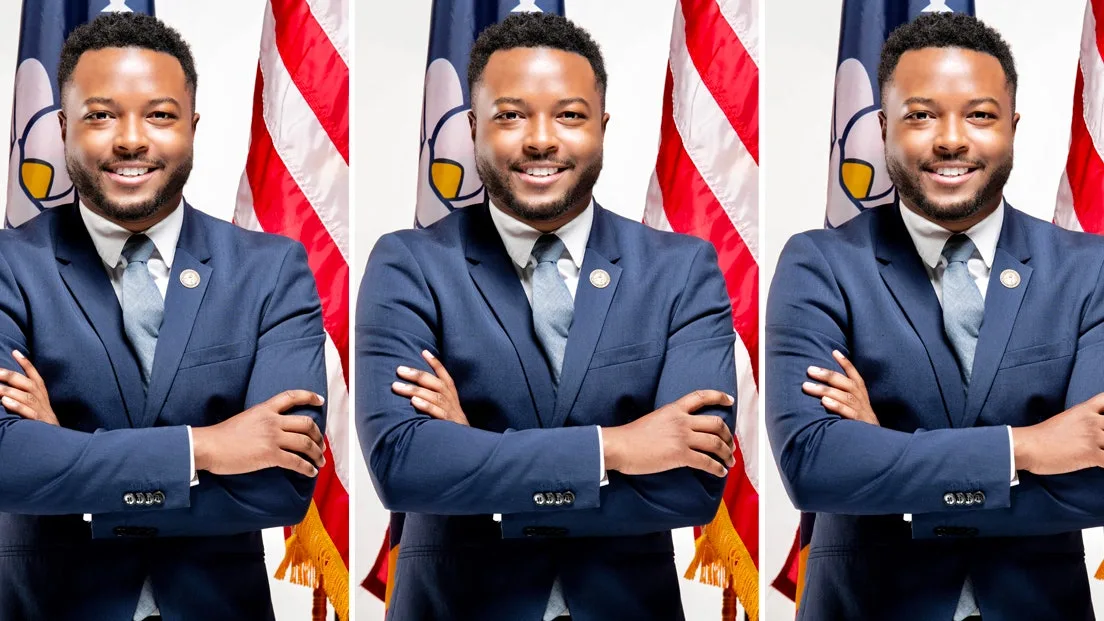
The truth was, I was in the “wrong” party. The Republican Party had a firm grip on state government, which remains true today, and its leaders made it clear that they did not need, nor want, the advice or votes of the Democrats. And while I knew how the government was supposed to work, I soon found that was not the way it did work. I had much to learn.
So that first year, I sat quietly — listening, watching, learning. I knew I was not only representing my constituents, but young people everywhere. I knew that any misstep would be another reason to keep telling young people to wait their turn.
I also knew that Mississippi had a long list of problems, and that as lawmakers, we had a tremendous opportunity to address these at the systemic level. Among other generational challenges we face in our state, far too many people live in poverty. Countless Mississippians live without proper health care. Too many kids lack access to adequate educational opportunities and pathways, and many parents worry they may not be able to provide food and shelter for their families.
Some solutions seemed like no-brainers. The legislature could expand Medicaid and accept over $1 billion from the federal government under the Affordable Care Act, which would give more than 100,000 uninsured residents access to medical coverage. It seemed obvious that we should allocate more state funds to the poorest school districts, to assist communities that can’t afford to pay for adequate education for their kids. Raising the minimum wage would lift workers out of poverty and give everyone the chance to thrive. And eliminating the sales tax on groceries would make that minimum wage go further.
Unfortunately, the Republican Party seemed to inhabit a different Mississippi, one where prioritizing tax cuts and creating what it sees as a business-friendly climate were the priorities. Helping the people, it seemed, was a tough sell. To advance my agenda, I would need friends on the other side of the aisle.
In 2017, my colleagues and I announced the launch of a joint bipartisan Future Caucus with the Millennial Action Project to tackle partisan gridlock and establish a pathway to sustainable negotiations between parties. In our state, bipartisanship isn’t an option anymore — it is a requirement if we are to effectively confront the real crises facing us.
Working with Republicans and Democrats, we have continued to focus on issues where we have had common ground. Through our united efforts, the House passed legislation that would make it easier to vote absentee, a crucial issue for college students who face many obstacles to getting a vote cast in their home districts. We passed legislation to try to stop Mississippi’s “brain drain”, the exodus of recent college graduates from the state. And we were instrumental in changing the state flag to remove a nod to the confederacy and create a new, more inclusive symbol.
I came to the statehouse as the youngest lawmaker ever elected, and I’ve learned so much. Beyond how to get bills passed and work collaboratively, I’ve learned that my voice as a young Black person is necessary, important, and enriching to the whole process. My lived experiences are valuable, and even though I was told to wait my turn, I’ve had a hand in changing the course of history for young people across my state because I chose not to. You shouldn’t wait either.
Stay up-to-date with the politics team. Sign up for the Teen Vogue Take

